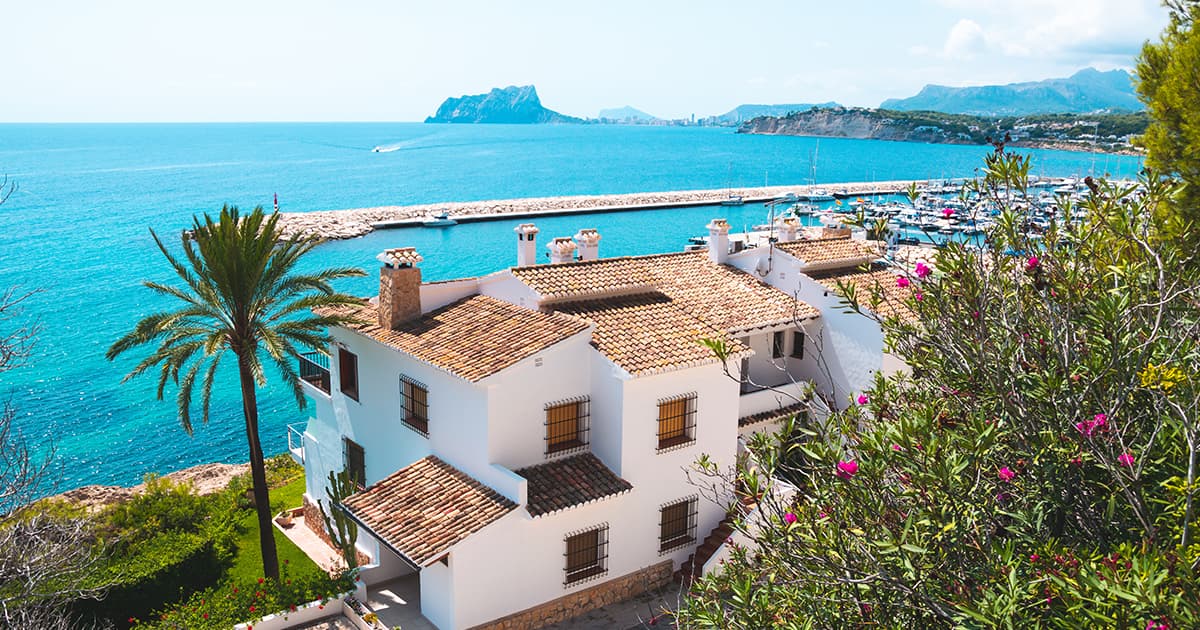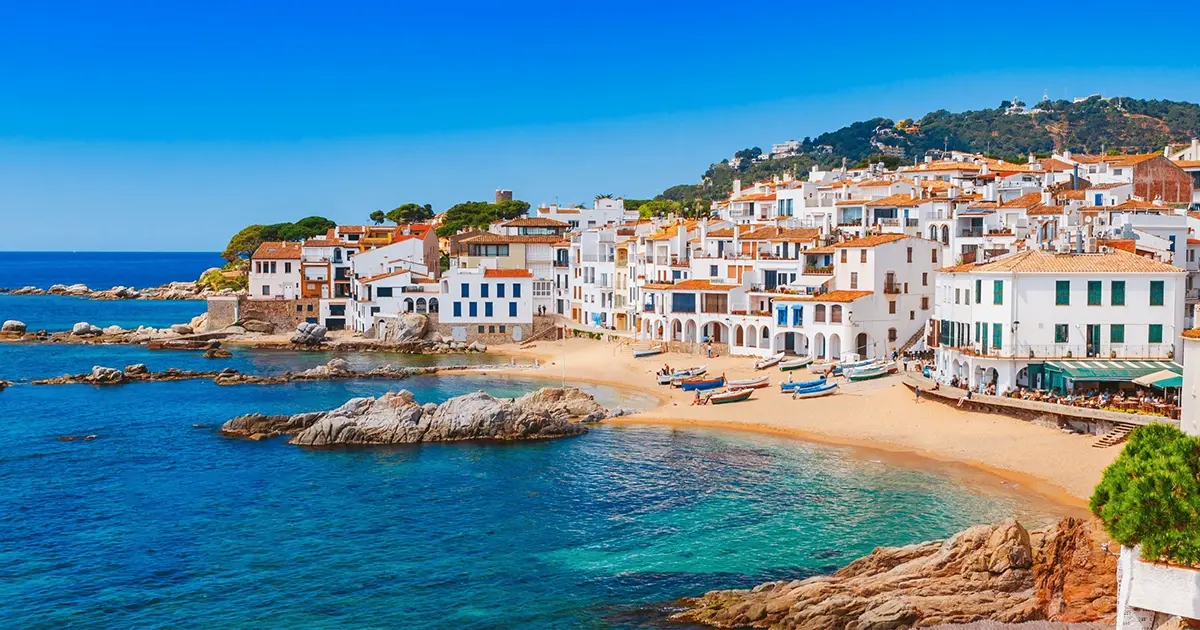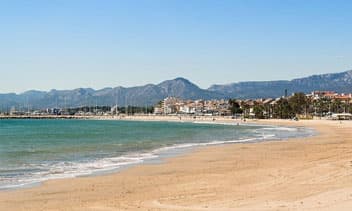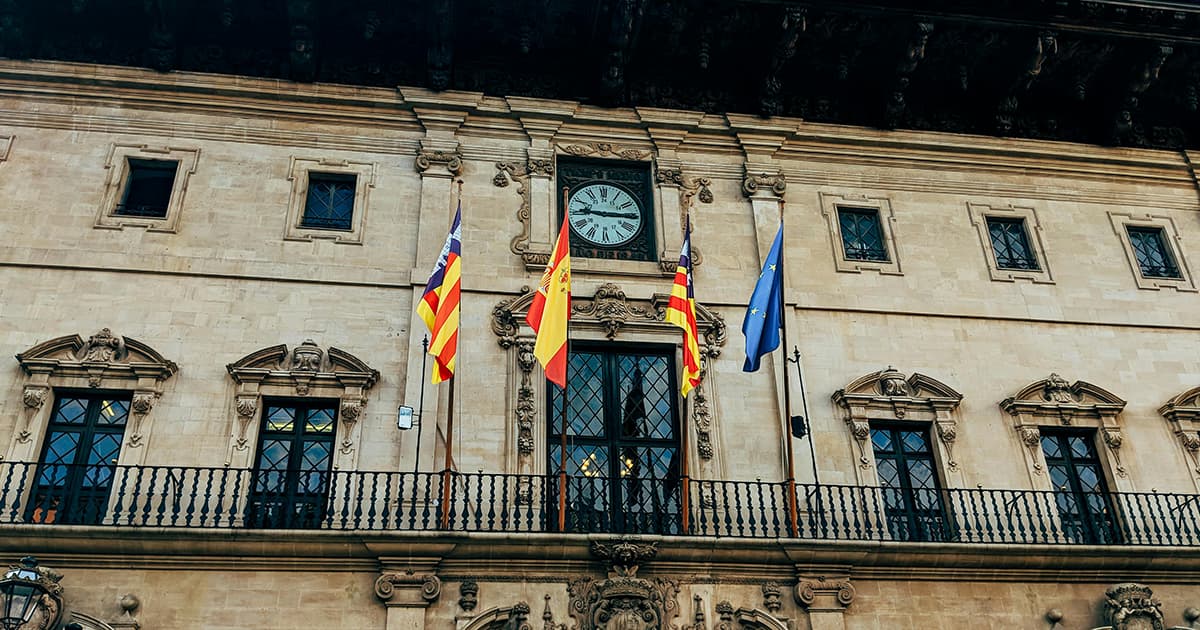
Can I Live in Spain Full Time if I Buy a Property?
Last update: September 3, 2025
Reading time: 5.3 min
Spain’s allure as a destination for relocation remains strong due to its rich culture, welcoming communities, and stunning landscapes. Many ask, “Can I live in Spain full time if I buy a property?” While owning property in Spain offers numerous advantages, recent changes in legislation, particularly the end of the Golden Visa program, have altered the pathways for residency. This updated article dives into the latest regulations, explores alternative visa options, and offers guidance for those looking to make Spain their home.
Understanding the Basics: Property Ownership and Residency
Does Buying Property in Spain Grant Residency?
Purchasing a property in Spain does not guarantee residency. While owning real estate can strengthen your application for certain visas, non-EU citizens must meet specific criteria and obtain an appropriate residency permit. The government has clarified that property ownership alone does not entitle an individual to live in Spain full time.
EU Citizens vs. Non-EU Citizens
EU Citizens
EU nationals have unrestricted access to live, work, and study in Spain. The only requirement is to register with local authorities after 90 days of residence and obtain a NIE (Número de Identificación de Extranjero) for administrative purposes.
Non-EU Citizens
For non-EU citizens, residency requires applying for a visa or permit. Options vary depending on individual circumstances, such as employment, investment, or family connections.
Golden Visa: Phasing Out in 2024
What Was the Golden Visa Program?
Introduced in 2013, the Golden Visa allowed non-EU nationals to gain Spanish residency by investing €500,000 or more in real estate. The visa included benefits such as:
- Residency for the investor and their family.
- Travel freedom within the Schengen Zone.
- Eligibility for permanent residency after five years.
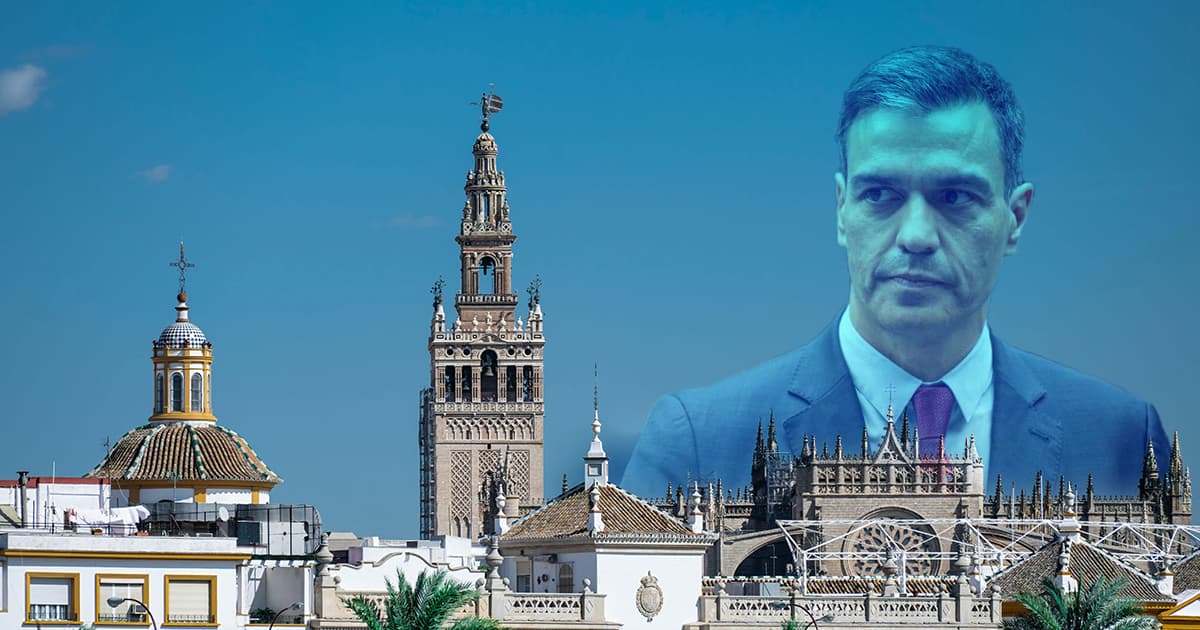
Why Is the Golden Visa Being Eliminated?
The Spanish government, under Prime Minister Pedro Sánchez, announced its decision to phase out the Golden Visa to address housing affordability issues and curb speculative investments. Critics argue that the program inflated real estate prices in already high-demand areas like Madrid, Barcelona, and the Costa del Sol.
The European Commission also encouraged member states to end such programs, citing security risks and social inequality concerns.
Timeline for the Program’s End
Although the law has passed the Congress of Deputies, it still requires Senate approval. Applications submitted before its formal repeal will be processed under the existing regulations.
Implications for Prospective Property Buyers
Impact on Housing Markets
The elimination of the Golden Visa may reduce high-value foreign investments, particularly in popular areas. However, the government anticipates that this change will stabilize housing prices and make homes more accessible to locals.
Transition Period
Investors considering a Golden Visa should act quickly, as current applications will be accepted until the law is enacted. Beyond this window, prospective residents must rely on alternative visas.
Alternatives to the Golden Visa for Residency
1. Non-Lucrative Visa
The Non-Lucrative Visa is ideal for retirees or individuals with passive income.
Requirements:
- Proof of financial means (at least €25,816 annually).
- Comprehensive private health insurance in Spain.
- No intention to work in Spain.
2. Entrepreneur Visa
This visa supports individuals planning to establish innovative businesses that benefit Spain’s economy.
Requirements:
- A detailed, government-approved business plan.
- Evidence of sufficient funds to launch and sustain the venture.
3. Work Visa
For professionals with employment offers in Spain, the Work Visa provides a direct pathway to residency.
4. Family Reunification Visa
Relatives of Spanish residents or citizens can apply for this visa, offering a straightforward option for family-based relocation.
Legal and Practical Considerations
Property Purchase Process in Spain
- Engage Professionals: Collaborate with a reputable real estate agent and lawyer.
- Sign a Preliminary Contract: A Contrato de Arras (deposit agreement) secures the property.
- Finalize the Purchase: Complete the transaction at a notary and register ownership.

Taxes and Costs Associated with Property Ownership
Owning property in Spain comes with specific taxes and costs, such as:
- Property taxes (IBI): Annual tax paid to the local municipality.
- Community fees: For properties within residential complexes.
- Capital gains tax: Applicable upon selling the property.
Read our article: Taxes When Purchasing Real Estate in Spain
Access to Healthcare
Spain offers excellent public healthcare, but non-EU citizens may need private health insurance to meet visa requirements.
Quality of Life in Spain
Cost of Living
Living costs in Spain are lower than in many Western European countries, with affordable housing, food, and public transport options.
Cultural and Recreational Activities
Spain’s cultural richness includes renowned festivals, a vibrant culinary scene, and historical landmarks.
Community Integration
Many regions, such as Alicante and Málaga, host thriving expatriate communities. Learning Spanish can further enrich the experience.
FAQs
Can I live in Spain full time if I buy a property?
Buying property in Spain does not automatically grant full-time residency. While it can support your residency application, non-EU citizens must apply for a suitable visa or residency permit, such as the Non-Lucrative Visa or Entrepreneur Visa.
What are the alternatives now that the Golden Visa program is ending?
With the Golden Visa being phased out, non-EU citizens can consider options like the Non-Lucrative Visa, Entrepreneur Visa, Work Visa, or Family Reunification Visa. Each option has specific eligibility criteria and benefits.
Is it still possible to apply for a Golden Visa?
Yes, the Golden Visa is currently still available. However, the program is expected to be officially repealed soon. Applications submitted before the law takes effect will still be processed under the existing rules.
Is it necessary to hire a lawyer when buying property in Spain?
Absolutely. A local lawyer ensures that the purchase process complies with Spanish property laws, verifies the property’s legal status, and protects your interests throughout the transaction.
Can European citizens live in Spain without a visa?
Yes, EU citizens can live, work, and study in Spain without a visa, thanks to the freedom of movement within the EU. Registration with local authorities is required for stays exceeding 90 days.
How will the elimination of the Golden Visa affect Spain’s real estate market?
The removal of the Golden Visa is expected to stabilize property prices in high-demand areas, making housing more accessible to locals. However, it may lead to a decrease in high-value foreign investments.
What are the tax implications of buying property in Spain?
Property buyers in Spain must pay property taxes (IBI), stamp duties, and possibly capital gains tax upon resale. Consult a legal advisor to understand all associated costs and compliance requirements.


